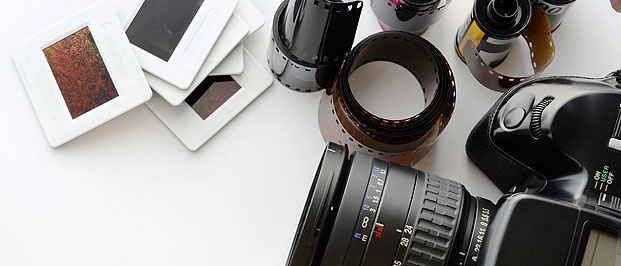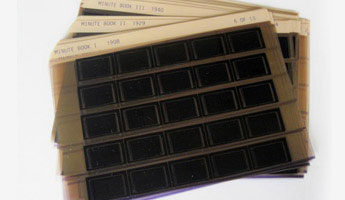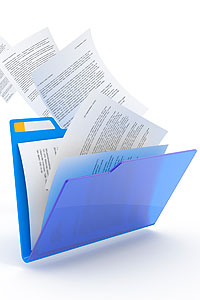How Can I Scan My Microfilm?
- Details
- Published: Thursday, 16 April 2015 14:00

Are you handy with DIY or do you prefer to leave it to the professionals? Here's two methods for digitising microfilm and unlocking the wide range of benefits going digital brings.
Why Scan Microfilm?
For a long time, microfilm were the ultimate space saving way to store documents like newspapers, magazines and large format plans but times have changed. With advances in technology has come a huge rise in digital storage for those sorts of files meaning old storage methods like microfilm, microfiche and aperture cards have been left by the roadside.
This isn't a bad thing though because managing your files digitally can bring a wide range of benefits from cost and space savings to efficiency boosts and improved access. As a result, it's not hard to see why so many people have already made the jump to digital. If you're ready to do the same, take a look at two of the methods you could choose to scan your microfilm.
How Can Microfilm Be Scanned?
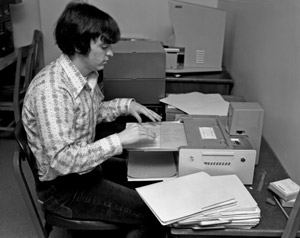
DIY
When you just have one or two microfilm you want scanned, it can sometimes be more cost effective to adopt the 'do it yourself' approach. I recently found a tutorial which explains how to scan microfilm yourself. Among the things you will need are a flatbed (or personal) scanner, desktop lamp or flashlight with a fluorescent bulb and a microfilm (or negative) holder.
This seems to be a trial and error method which could work if you have some time to spare and a wide variety of light coloured materials to help the film show up as brightly as possible. There could be some cost savings in doing the job yourself but you also have to be careful about making mistakes because any that are made will have to be sorted by you too.
In the right circumstances this could be the perfect solution to help you scan a small amount of microfilm in your space time.
Outsource to Professionals
If you're looking for better quality scans or you need a higher volume of microfilm to be scanned then you should look to outsource the work to professional microfilm scanning services. These companies are equipped with top quality machines specially designed to provide high quality microfilm scans. Where it could take you days or even weeks to complete the scanning of a medium sized project, professionals can have it done in no time.
One of the other main benefits of getting the professionals in is the fact that you won't have to worry about doing any of the work yourself. You're microfilm will be taken away and before you know it you will have scanned and fully indexed digital copies ready to be viewed, shared and edited in an instant.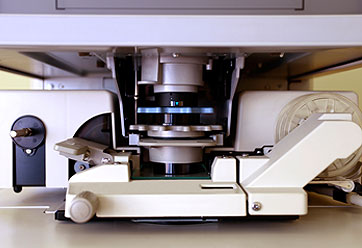
Overall, this method is the perfect solution to relieve stress, speed up digitisation and provide high quality scans.
Where Can I Scan?
Here at Pearl Scan we offer a professional yet affordable microfilm scanning service for businesses, organisations and individuals across the UK. We have recently invested in a brand new microfilm scanner to help us provide high quality scans in a quick and cost effective turnaround for our clients. The machine can scan 16mm and 35mm microfilm reels as well as microfilm cartridges that are either simplex or duplex. This helps us to provide a full cycle service handling collection, preparation, scanning, indexing, OCR processing and delivery.
If you would like some more information about the way we scan microfilm, take a look at our website and blogs or for a free, no obligation quote give us a call today.



